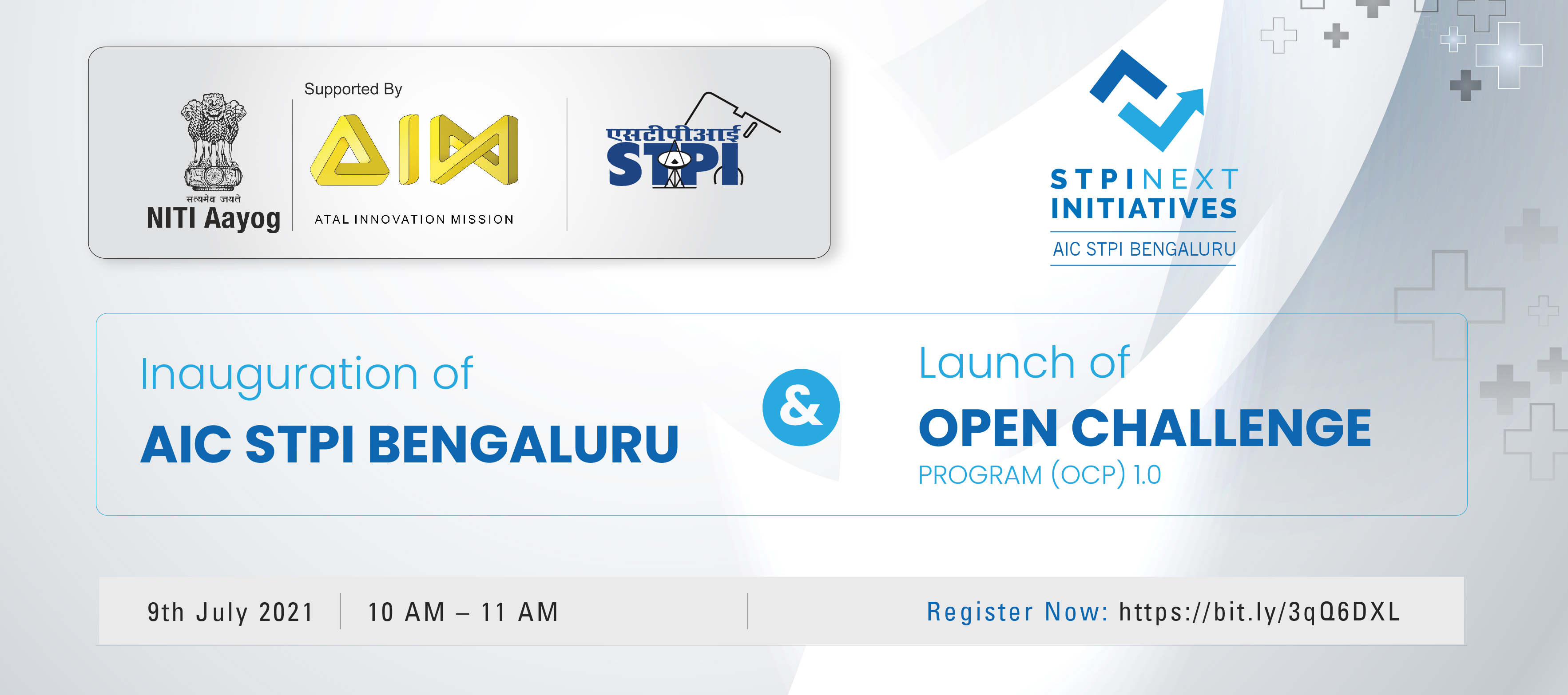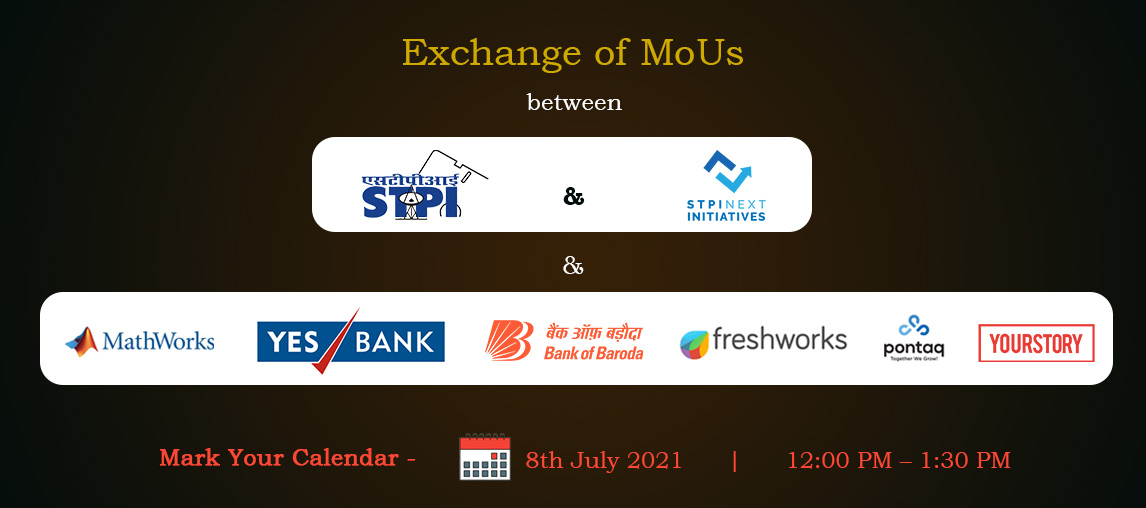Data Centers
Growing digitisation will fuel this segment.
India is one of the fastest digitizing economy of the world. The Covid-19 pandemic has compelled major workforce to go remote, which has led to an increasing number of companies investing in IT services.
This growing digitisation has given a fillip to the demand for data centres in the past few years. The increased data consumption during the lockdown has underscored the need for scaling up the data processing and storage requirements.
During this decade, data centres are likely to be the new locus of growth in the wake of growing automation in India. India’s expanding digital ecosystem will be revved up by 700 million-plus internet subscribers with more than 1 billion mobile phones, growing social media engagements, and massive spur in digital entertainment, eventually expanding the demand for data centres in India.
The increased dependence on digital technologies will continue into the post-Covid era as well, reaffirming the need for multi-tenant, hyperscale data centres.
Rising adoption of digital transaction, faster adoption of IoT and smart devices, growing scope for automation in manufacturing industries through Industry 4.0 technologies, proposed roll out of 5G technology, and potential for enormous data generation by the sectors such as EduTech, FinTech, HealthTech, GamingTech, ACES Mobility, and Entertainment & Media, among others, will accelerate the growth of data centres. Within the enabling environment, Data centres’ capacity is likely to jump to 1,100–1,200 MW by 2025 from the current 360 MW, as per a Crisil report.
The Ministry of Electronics and Information Technology (MeitY) recently introduced a draft Datacentre Policy that lays down the roadmap for this sector’s growth. Moreover, the Personal Data Protection Bill, 2019 also emphasises the need for local data storage. Infrastructure advantages of major metropolitan regions, together with submarine cable landing stations and low development costs, provide ripe ground for the emergence of data centres.
Nasscom predicts a staggering $7.1 billion cloud market by 2022, further strengthening the demand for data centres. This segment presents investment opportunities worth $4.9 billion by 2025, which could further surge as India progresses to become a leading Data Centre hub.
Upward trajectory
The upward trajectory will sustain in the data centre segment on account of more users coming into the fold of technology and proliferation of Industry 4.0.
A CBRE report forecasts technology, fintech, pharmaceuticals/healthcare, education and media and content to be the key drivers of the data centre segment. Furthermore, in the wake of the disruption of global supply chains, many firms are mulling to relocate their base to India, which augurs well for the growth of data centres. The granting of an industry status will further make the sector an attractive investment proposition.
The growth of data centres will lead to new business models for maintaining profitability and cost-effectiveness. The Everything-as-a-Service economy concept will gain currency to foster innovation and deliver a seamless customer experience. Robust digital infrastructure aided by futuristic data centres will accelerate digital transformation in enterprises and ensure their resilience in tune with requirements over time.
Demand for germination of humongous data, proposed data protection law, timely intervention in formulating polices and state and central governments’ sops, and digital inclusion will play a pivotal role in attracting investment in data centres and dispersing data centres to Tier-2/3 cities and creating skilled jobs.
The writer is Director-General of Software Technology Parks of India. Views expressed are personal





